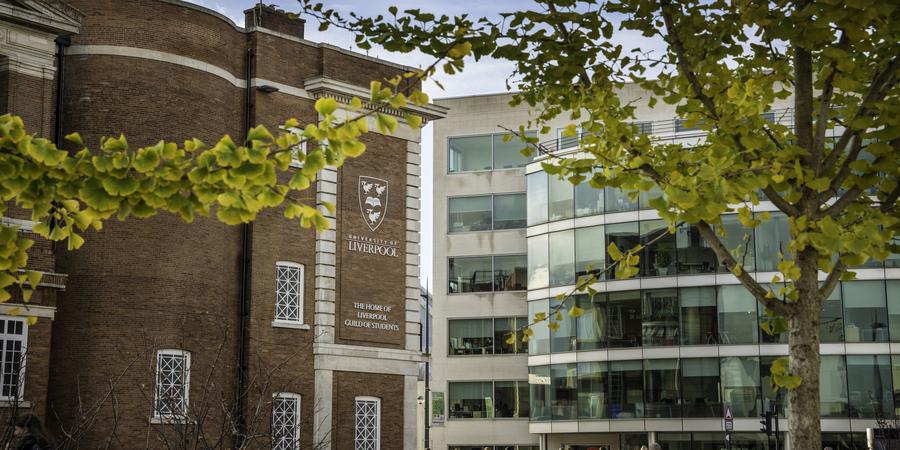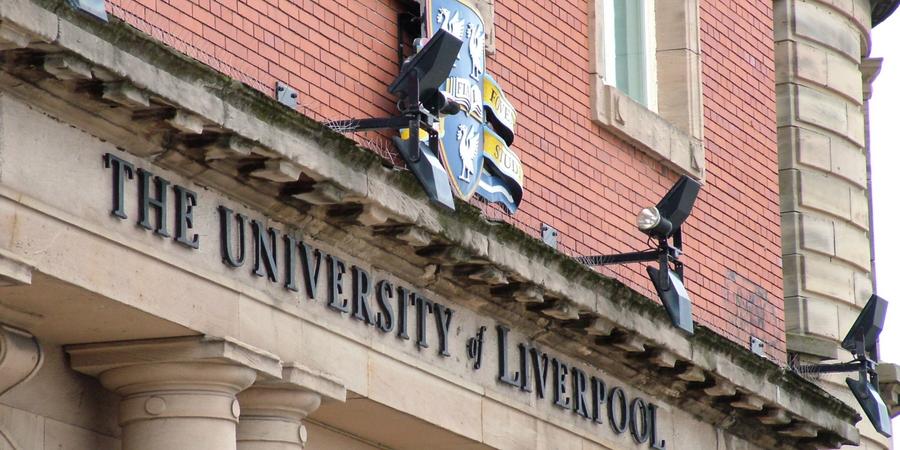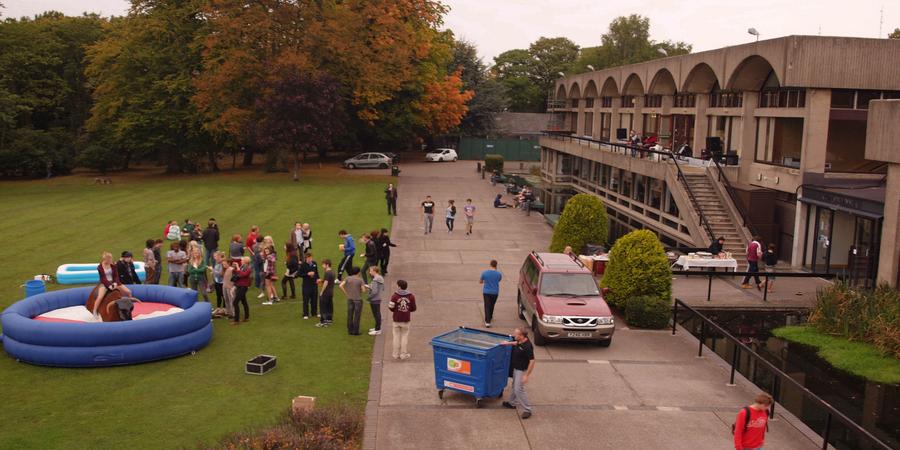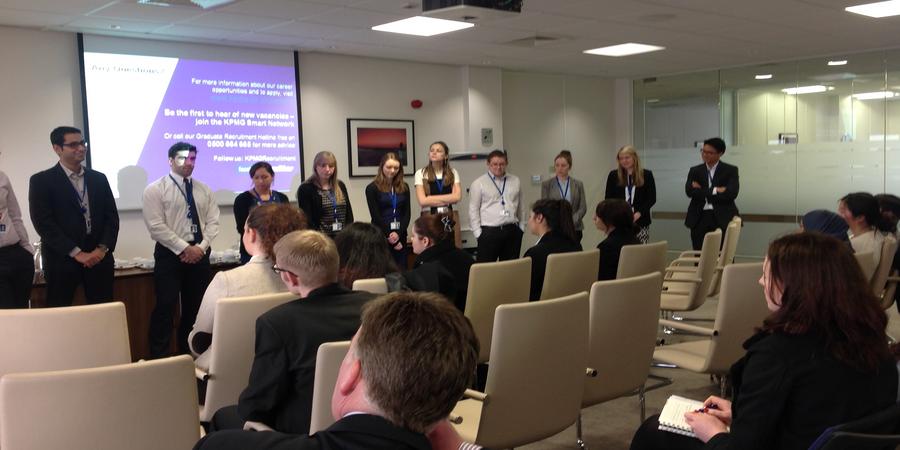Liverpool University
- University
- College
- Co-educational private schools
- Full-time
- Part-time
- english
About the Liverpool University
The University of Liverpool was founded in 1881. It became the first British university to offer the opportunity to study not only to local students but also to international students across its entire campus. The university ranks highly in international ratings and is renowned for its strong programs in medicine, engineering, and social sciences. The university's educational philosophy focuses on research activities and actively involving students in the learning process. The educational process includes interactive lectures, seminars, and practical classes, which foster the development of critical thinking and creative skills. The University of Liverpool plays a significant role in the region's education system, supporting various partnerships with industry and local communities, which contribute to innovation and social development. Its reputation is strengthened by notable alumni, including Nobel laureates and leaders in various fields. The institution's main goals include developing students' critical thinking, preparing them for active participation in society, and supporting innovative research activities.
MoreLoading...
Admission conditions in Liverpool University
To apply to the University of Liverpool, a certificate of secondary education is required. International students must have a necessary level of English proficiency. Depending on the program, there may be additional exam requirements. Mandatory exams: A-levels, International Baccalaureate, or equivalent. Minimum age: 17 years. Application process: Applications are submitted online through UCAS. The application fee is approximately £26 for the first choice and £24 for each additional program. Application deadlines are from September to January. Educational qualifications: A-levels or equivalents. Required documents: Passport, test results, letters of recommendation, personal statement. Requirements for international students: IELTS 6.0 or equivalent, interim reports. Financial requirements: Proof of available funds for living in the UK is required. Application deadlines: Key dates are from September 15 to January 15. Testing or interview: An interview may be required depending on the program. Qualifications or experience: Relevant work experience may be considered for master’s programs. Notification of results: Admission results are sent out in March.
MoreMinimum rating for admission to Liverpool University
The minimum score is 112 UCAS points, which is equivalent to three A-level successes.
Prospects after completing studies in Liverpool University
University graduates have high employment prospects and can continue their education in graduate school. Many of them hold leading positions in their fields.
Title | Age | Period |
|---|---|---|
| International Foundation (english) | 17+ | 1 year |
| Bachelor's Degree program in English | 18+ | 1 year |
| Master's Degree program in English | 21+ | 1 year |
| Pre-Masters (english) | 21+ | 1 year |
| Academic English courses | 16+ | 6 weeks |
| Bachelor of Psychology | 18+ | 3 years |
Leave a review
Loading...















Reviews
He studied here in the master's program. I entered after a bachelor's degree course at another less rated English university (I will not write the name so as not to offend anyone) The university is really good. Excellent teachers and living conditions in the residences. We had a lot of clubs, and in general, the people I studied with were active. A good Chinese course, but it will be difficult for beginners and people with a basic level on it, since the pace of learning is high. But we managed to pull up the level well for a year of study.
Read in fullGuys, I hope it will be useful to someone: Now I study at this university in the second year. Faculty of Cell Biology. It wasn't easy to do. Liverpool was the last university I applied to through UCAS, which gave a positive response. Then I had to wait a long time for the issuance of CAS for a visa. But in general, I can say that it was worth it. I really like the level of teaching and the content of the courses. Of course, there were difficulties due to the fact that some of the practical classes were lost due to the fact that I had to study online during the pandemic. For my specialty, this is bad. Then I had to quickly adapt and quickly get used to working in the laboratory. It's all good now. I am glad that the teachers understood the situation and at first, when we began to study full-time, they were very indulgent and calmly explained some things again.
Read in fullHe graduated from the Faculty of Journalism. I knew about the University of Liverpool for a long time and planned to enter here in advance. I've always liked both the city itself and the university. The University of Liverpool is like a continuation of the city, it is difficult to imagine one without the other. The university is really a rating and corresponds to its place in these ratings. The level of teaching, equipment, support of students - all this was at an excellent level. Teachers are real professionals who love their university and have been teaching here for several decades. Another good plus is the relatively low prices for accommodation and a large selection of options. Only positive emotions remained from the study.
Read in full